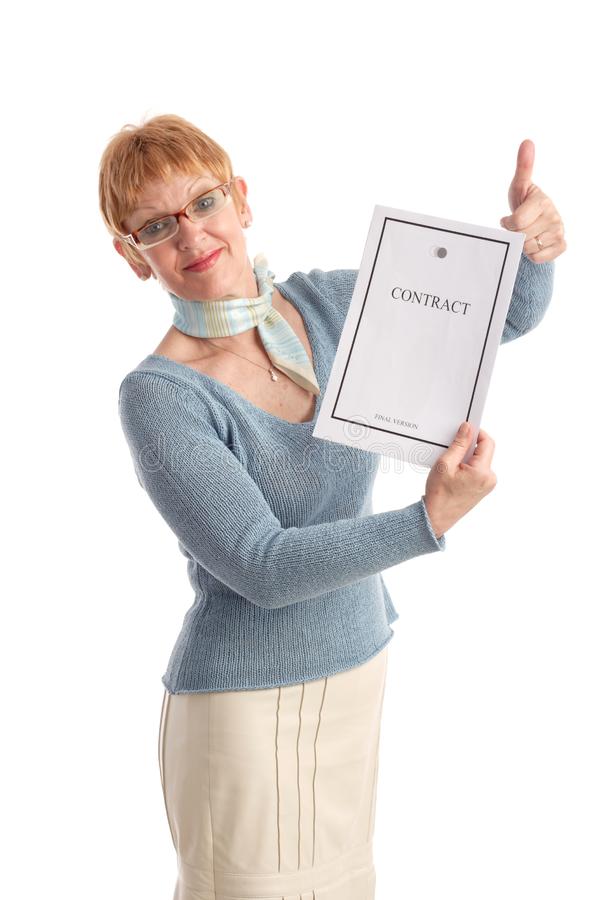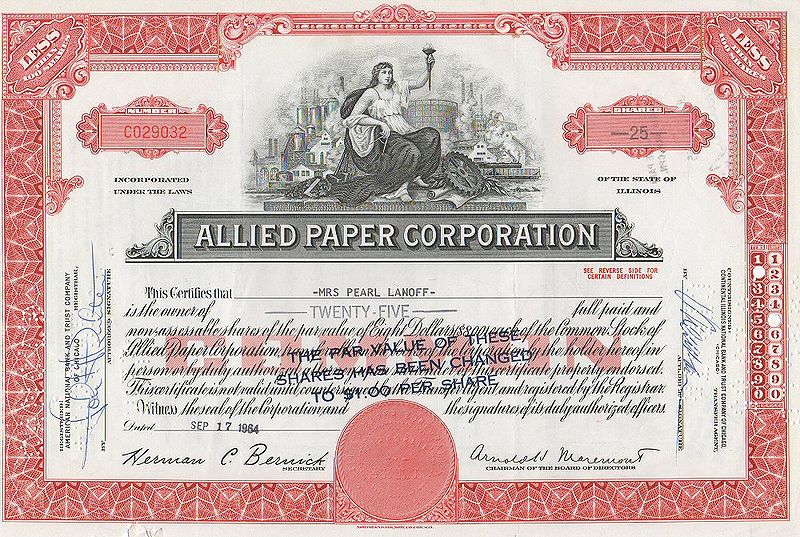In 2003, Kobe Bryant created a trust for the benefit of his wife, Vanessa, and their children. Last amended in 2017, the trust does not provide for their nine-month-old daughter, Capri. If Kobe were still alive, the trust could have been amended with relative ease by his signing an amendment drafted by his estate planning lawyer. However, since his tragic passing, the trust became irrevocable (i.e., Kobe is no longer alive to revoke or amend the trust) and any modifications to that instrument will require court approval. As such, on March 17, 2020, Vanessa filed a Petition to Modify Trust in Los Angeles Superior Court. So what is required to…
-
-
CORONAVIRUS EXPOSURE AND NEGLIGENT INFLICTION OF EMOTIONAL DISTRESS
The World Heath Organization recently classified the coronoavirus outbreak as a global pandemic, and everyone should consider steps to protect themselves from the virus. But what if you’ve already been exposed? Two passengers aboard the quarantined Grand Princess cruise ship filed a federal lawsuit in California, alleging Princess Cruise Lines, Ltd. (“Princess”) caused them emotional distress by exposing them to the virus. A claim of negligent infliction of emotional distress (“NIED”) will likely be among the causes of action included in the lawsuit. What is NEID, and how does a plaintiff establish a prima facie case? The Elements In North Carolina, to allege NIED, the plaintiff must establish…
-
PRACTICAL TIPS TO AVOID ESTATE DISPUTES
Singer and television personality Marie Osmond recently announced she would not be leaving her fortune to her children. Individuals are free to incorporate decisions to disinherit heirs, as Marie Osmond did, in their estate plans; however, this often leads to litigation after the individual passes away. Litigation over an estate can be particularly difficult and expensive because the person with the most direct knowledge about the estate – the decedent – is no longer alive to testify. What are some practical steps to avoid or mitigate the risk of litigation? Make Your Estate Plan Known A testator (individual making a will or providing a legacy) seeking to disinherit…
-
TRULIANT AND TRUIST TRADEMARK DISPUTE – WHAT IS A PRELIMINARY INJUNCTION?
In 2019, banks BB&T Bank and SunTrust Bank announced a merger, with the new bank to be named Truist Financial Corporation (“Truist”). In response, Truliant Federal Credit Union (“Truliant”) filed a lawsuit alleging the name Truist infringes on Truliant’s trademark in its name. For a discussion of trademark law and trademark infringement, please see Lindley Law’s previous blog post related to the trademark dispute regarding Duke’s Mayonnaise. Recently in the dispute between Trulian and Truist, Truliant moved for a preliminary injunction, seeking to prevent Truist from using its name pending the outcome of the lawsuit. What is a preliminary injunction, and how does a court determine whether to issue it?…
-
CONTRACTUAL FORUM SELECTION CLAUSES
In S&S Family Business Corp., et al. v. Clean Juice Franchising, LLC, the North Carolina Court of Appeals addressed the impact of a forum selection clause in a business contract. A forum selection clause is a contractual provision that, if enforceable, designates a particular state or court to bring any litigation between the parties. In most instances, a forum selection clause can be mandatory – the parties must litigate disputes in the forum provided in the clause. Factual History Clean Juice Franchising, LLC (“Clean Juice”) entered a multi-unit agreement (the “Multi-Unit Agreement”) with S&S Family Business Corp. (“S&S”) to franchise at least three Clean Juice stores. The Multi-Unit…
-
EARTH FARE AND THE “WARN” ACT
In early February, Earth Fare announced it would be closing all of its stores, likely meaning each of its 3,000 employees would be laid off. In response, two employees of the Asheville-based grocery store chain filed a class-action lawsuit alleging Earth Fare violated the Worker Adjustment and Retraining Notification Act (the “WARN Act”). Generally, the WARN Act requires employers with at least 100 employees to provide at least a 60-day advance written notice of plant closings and mass layoffs; however, the likelihood of success of the plaintiffs’ claims will be determined by the specific definitions provided in the WARN Act, as well as its exceptions and exemptions. The WARN…
-
IMPLIED EASEMENTS BY PRIOR USE
In B.V. Belk, Jr. v. VRS Magnolia Plaza, LLC, the North Carolina Court of Appeals addressed the question of when an easement can be implied by prior use. An easement is an individual’s right to use the land of another individual for a specific purpose. Frequently, easements are created by the express agreement of the landowner and the individual seeking to use the land; however, as the court in Belk confirmed, easements can also be created by implication. Factual History In Belk, B.V. Belk, Jr. (“Belk”) acquired 107 acres of undeveloped land in 1986. He then transferred title to a joint venture consisting of himself, as managing member…
-
BUNKER HILL COVERED BRIDGE CONSTRUCTION LAWSUIT
The Bunker Hill Covered Bridge is a well-known historical landmark in Claremont, North Carolina, originally built in 1895. The bridge was damaged due to excessive rain, flooding, and erosion in the area, which prompted the Historical Association of Catawba County (the “Historical Association”) to hire NHM Constructors, LLC (“NHM”) to repair the bridge. A dispute arose between the parties, NHM filed a lien on the property, and subsequently filed a lawsuit, seeking payments from the Historical Association. The Historical Association alleges NHM is not owed additional payments because the costs exceeded the budget provided in NHM’s bid. The case will largely turn on the type of contract the parties executed…
-
PIERCING THE CORPORATE VEIL IN NORTH CAROLINA
In North Carolina, as in all states, a shareholder or owner of a business is generally not personally liable for the debts of the business. Additionally, Business A is generally not liable for the debts of Business B, even if the two businesses are associated entities. However, a recent North Carolina Court of Appeals decision illustrates that these limits on extended liability for corporate debts are themselves limited by the concept of piercing the corporate veil. The Court of Appeals Decision In General Fidelity Insurance Company v. WFT, Inc., et al., General Fidelity Insurance Company (“General Fidelity”) contracted with WFT, Inc. (“WFT”), for whom co-defendant Peter J. Willis…
-
SETTLEMENT PUTS STOP TO “WE CAN’T STOP” COPYRIGHT INFRINGEMENT LAWSUIT
Musician Miley Cyrus, record label RCA Records, and songwriter Michael May (a/k/a Flourgon) settled the parties’ dispute over Cyrus’s hit song “We Can’t Stop.” Flourgon alleged Cyrus’s hit unlawfully infringed copyrighted material in his previously recorded song “We Run Things.” What does the U.S. Copyright Act of 1976 (the “Copyright Act”) provide regarding music, and what damages are available to the owner of an infringed copyright? The Basics of Copyright Law As discussed in Lindley Law’s prior blog post, a copyright protects an original work of authorship “fixed in any tangible medium of expression.” “Copyright” is not a single right, in the literal sense. Instead, it refers to…








